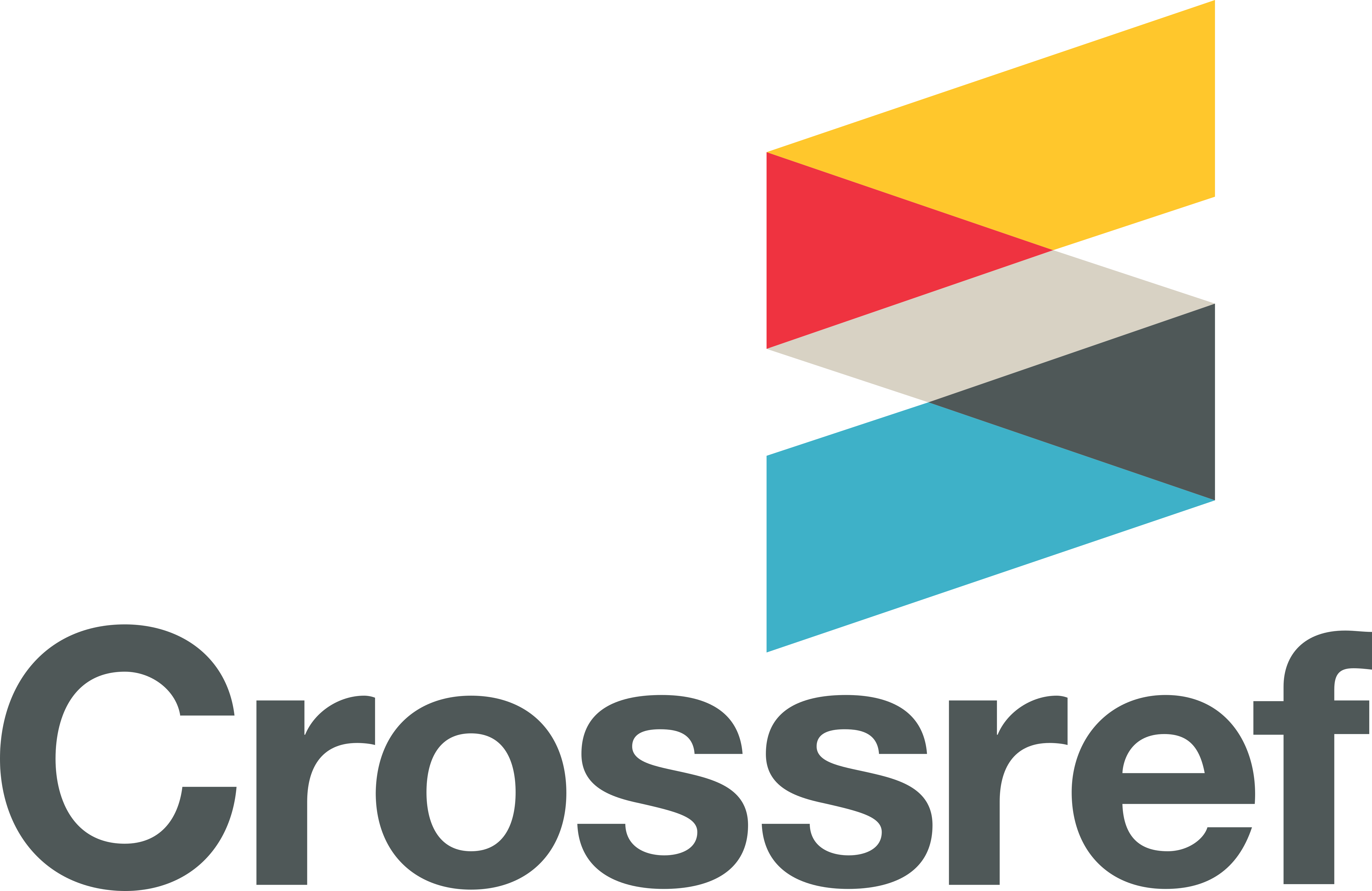ASSESSMENT INSTRUMENTS ANECDOTAL NOTES AS AN EFFORT TO OBTAIN INFORMATION ON EARLY CHILDHOOD DEVELOPMENT
DOI:
https://doi.org/10.53947/tspj.v2i2.545Keywords:
independent curriculum, early childhood learning assessment, anecdotal notesAbstract
This qualitative descriptive research focuses on the assessment of learning in early childhood education using the Merdeka Curriculum, specifically employing the observation method and anecdotal note instruments. The study takes place at KB PAUD Bunga Mawar, located in Pulau Untung Java, Kepulauan Seribu, with a maritime education context in mind. The aim is to enhance teachers' understanding of learning assessment practices, enabling them to effectively determine students' characteristics, interests, potential, and development. By utilizing an authentic assessment approach, teachers can gather accurate data based on students' active engagement in play-based learning activities. The research employs literature review and observation methods, collecting data from various sources and conducting a critical and in-depth analysis. The KB PAUD Bunga Mawar has developed a curriculum aligned with the Merdeka Curriculum and designed a safe and enjoyable learning environment, considering the maritime context. Teachers at the institution demonstrate proficiency in conducting observational assessments using anecdotal note instruments, aligning learning activities with the specific characteristics of the maritime area. Ultimately, this research contributes to strengthening teachers' ability to assess learning effectively in the context of the Merdeka Curriculum and maritime education.
References
Ang, A. (2022). Contoh Penerapan Variasi Asesmen, pada Webinar PAUDPEDIA#2: Asesmen Otentik dalam Pendidikan Anak Usia Dini”, Jakarta: Direktorat PAUD, Kemendikbud, 14 April 2022.
Anggraena, Y., dkk. (2022). Panduan Pembelajaran dan Asesmen Pendidikan Anak Usia Dini, Pendidikan Dasar, dan Menengah. Jakarta: Badan Standar, Kurikulum, dan Asesmen Pendidikan, Kemendikbud Ristek.
Ansharullah, Dr. M.Ag. M.A. (2011). Pendidikan Islam Berbasis Kecerdasan Jamak: Multiple Intelligences. Jakarta: STEP (Systematic Technique of English Program).
Bezuidenhout, H.S., 2020, ‘The interface between early numeracy, language and learning environments: Pedagogical implications’, South African Journal of Childhood Education 10(1), a923. https://doi.org/ 10.4102/sajce.v10i1.923
Connaway, L.S., & Radford, M.L. (2017). Research methods in Library and Information Science (6th ed.). Libraries Unlimited.
Dillon, M.R., Kannan, H., Dean, J.T., Spelke, E.S. & Duflo, E., 2017, ‘Cognitive science in the field: A preschool intervention durably enhances intuitive but not formal mathematics’, Science 357(6346), 47–55. https://doi.org/10.1126/science. aal4724
Fraser, K., & McLaughlin, T. (2016). “Quality Assessment in Early Childhood: A Reflection on Five Key Features”. Early Education, 60 (Spring/Summer), 8–11.
Herarti, F. (2022). Mengenal Asesmen pada Anak Usia Dini, pada Webinar PAUDPEDIA#2: Asesmen Otentik dalam Pendidikan Anak Usia Dini. Direktorat PAUD Kemendikbudristek, 14 April 2022
Dewantara, K. H. (2013). Karya Ki Hadjar Dewantara bagian pertama: Pendidikan. Yogyakarta: Majelis Luhur Persatuan Taman Siswa.
BSKAP-Kemendikbudristek. 2022. Keputusan Kepala BSKAP No.009/H/KR/2022 tentang Dimensi, Elemen, dan Sub Elemen Profil Pelajar Pancasila. Jakarta: BSKAP- Kemendikbudristek.
Peterson, G. & Elam, E. (2020) Observation and Assessment in Early Childhood Education. Version 1.0. California: Colleges of the Canyons
Purnawanto, A.T. (2022). Perencanakan Pembelajaran Bermakna dan Asesmen Kurikulum Merdeka. Jurnal Ilmiah Pedagogy, Vol 20 No.1 Juli 2022.
Sistem Pendidikan Nasional No 20 tahun 2003, pasal 1 ayat 14 yang menyatakan bahwa pendidikan anak usia dini (PAUD) diperuntukkan bagi anak sejak lahir sampai 6 tahun.
Suradika, Agus. (2000). Metode Penelitian Sosial. Jakarta: UMJ Press.
SURADIKA, Agus, Dirgantara Wicaksono. (2019). Metodologi Penelitian . Tangerang Selatan: UM Jakarta Press.
Suradika, A., Dewi, H., & Nasution, M. (2023). Project-Based Learning and Problem-Based Learning Models in Critical and Creative Students. Jurnal Pendidikan IPA Indonesia, 12(1), 153-167. doi:https://doi.org/10.15294/jpii.v12i1.39713
Wiedarti, P. dkk. (2016). Desain Induk Gerakan Literasi Sekolah. Jakarta: Dirjen Diksdasmen Kemendikbud RI
Downloads
Published
How to Cite
License
Copyright (c) 2023 The Social Perspective Journal

This work is licensed under a Creative Commons Attribution-ShareAlike 4.0 International License.









